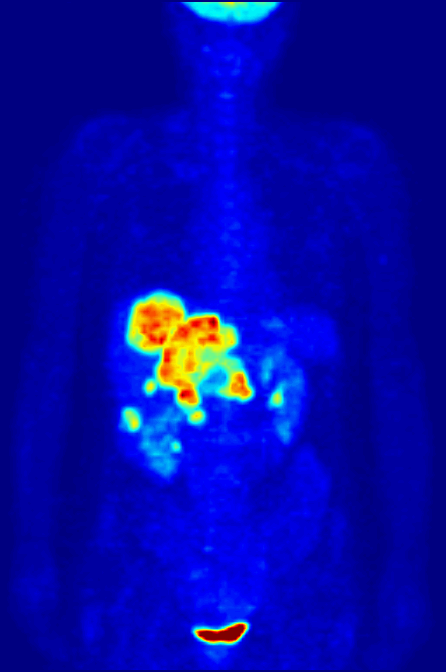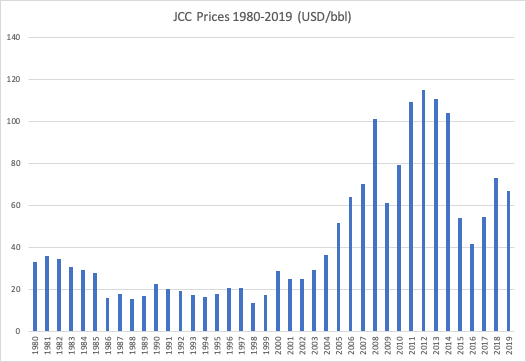Innovative Radioligand Therapy Shows Promise for Advanced Breast Cancer Patients

In a groundbreaking study presented at the 42nd Annual Miami Breast Cancer Conference, researchers have initiated a Phase 1/2 clinical trial investigating the efficacy of the novel radioligand therapy, [177Lu]Lu-NeoB, in combination with capecitabine for patients diagnosed with estrogen receptor-positive (ER+)/HER2-negative advanced breast cancer (ABC) exhibiting gastrin-releasing peptide receptor (GRPR) expression. This trial, identified as CAAA603D12101, aims to address a significant treatment gap for patients who have demonstrated disease progression following prior endocrine therapy (ET) alongside a CDK4/6 inhibitor.
The study's principal investigator, Dr. Mario Campone, Chief of Medical Oncology at the Centre Hospitalier Universitaire in Nantes, France, emphasized the need for novel treatment approaches for patients who have become resistant to first-line therapies. “As standard treatments continue to evolve, it is imperative to explore innovative options for patients whose cancer has progressed despite receiving established therapies,” Dr. Campone stated during the conference.
Historical Context
The treatment landscape for ER+/HER2− ABC has significantly shifted over the past decade, with CDK4/6 inhibitors, such as palbociclib, ribociclib, and abemaciclib, becoming integral components of first-line therapy. According to a study published in the Journal of Clinical Oncology in 2020, patients treated with CDK4/6 inhibitors alongside ET experienced an overall survival benefit, yet the majority eventually progress to advanced stages. This necessitates the development of new therapeutic strategies to manage treatment-resistant cases.
Current Situation Analysis
The NeoB D1 trial comprises a multicenter, open-label study enrolling approximately 58 patients, with the goal of evaluating the safety and effectiveness of [177Lu]Lu-NeoB when used in conjunction with capecitabine, a chemotherapeutic agent known for its radiosensitizing properties. Patients eligible for this study include adult males and pre/perimenopausal women with confirmed GRPR expression. They must have undergone one to three prior lines of ET, with at least one line incorporating a CDK4/6 inhibitor. Notably, for patients harboring BRCA1/2 mutations, prior treatment with a PARP inhibitor is permitted.
The primary objectives of the trial include assessing the incidence and severity of dose-limiting toxicities associated with the therapy and evaluating the objective response rate, clinical benefit rate, and overall survival metrics. Initial doses of [177Lu]Lu-NeoB are set at 150 mCi every six weeks, with potential adjustments based on the observed tolerability and efficacy. Phase 1 of the study focuses on dose-escalation, while Phase 2 will randomize patients to various dose levels based on patient response.
Expert Analysis and Commentary
Dr. Debasish Tripathy, an oncologist specializing in breast cancer at the University of Texas MD Anderson Cancer Center, noted, “The integration of targeted therapies like [177Lu]Lu-NeoB represents a paradigm shift in how we approach treatment for advanced breast cancer, particularly for those who have exhausted standard options.” Dr. Tripathy emphasized the importance of ongoing clinical trials to refine treatment protocols and improve patient outcomes.
Conversely, Dr. Louise Emmett, a medical oncologist at the Royal Marsden Hospital in London, cautioned against over-reliance on novel therapies without thorough validation. “While the premise of radioligand therapy is compelling, it is crucial that we critically assess its long-term efficacy and safety through well-structured clinical trials,” Dr. Emmett remarked.
Impact Assessment
The potential introduction of [177Lu]Lu-NeoB alongside capecitabine could have significant implications for the treatment of ABC, particularly in a landscape where treatment options are limited for patients with resistant disease. According to a report by the American Cancer Society in 2023, breast cancer remains the most diagnosed cancer among women in the United States, with an estimated 287,850 new cases expected. The development of innovative therapies could not only enhance survival rates but also improve the quality of life for patients experiencing treatment failure.
International Perspective
The implications of this study extend beyond the United States. The World Health Organization has noted an increase in breast cancer prevalence globally, necessitating the development of novel therapies to tackle this rising epidemic. Countries with limited access to advanced cancer treatments may particularly benefit from the results of such studies, as they may pave the way for more accessible therapeutic options.
Future Projections
As the NeoB D1 trial continues to enroll participants, the oncology community remains optimistic about the potential of radioligand therapy to address unmet needs in advanced breast cancer care. Ongoing monitoring of outcomes and adverse effects will be crucial in determining the long-term viability of this treatment approach. The trial's progress will be closely watched, as it could herald a new era in breast cancer therapy, particularly for patients facing the challenges of treatment resistance.
In conclusion, the innovative combination of [177Lu]Lu-NeoB with capecitabine represents a promising step forward in the management of advanced breast cancer. As researchers and clinicians work collaboratively to expand treatment options, patient outcomes may improve, offering hope to those affected by this challenging disease.
Advertisement
Tags
Advertisement





